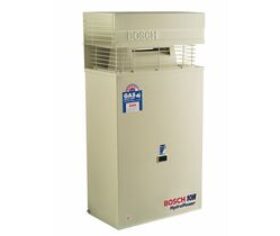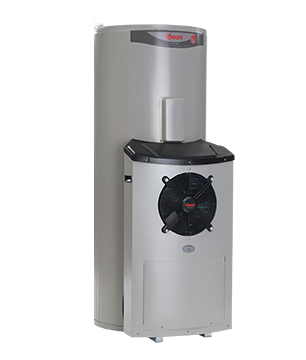Hot Water Cylinder Maintenance in NZ: Pete’s Step-by-Step Guide to Keeping Your System Running Efficiently

Table of Contents
Why Maintenance Matters
A well-maintained hot water cylinder can save you money, prevent breakdowns, and extend the life of your system. Over time, neglecting cylinder care leads to reduced efficiency, more repairs, or even early replacement. This guide provides expert maintenance tips from Pete, helping you protect your investment and make sure your cylinder runs smoothly.
Perform Regular Inspections
Visual Check
Every few months, do a basic visual inspection of your hot water cylinder:
-
Look for signs of corrosion or rust on the outer jacket
-
Check for water leaks around valves, fittings, and the base
-
Ensure insulation is intact and not deteriorating
Pressure Relief Valve (PRV) Testing
The Pressure Relief Valve is critical for safety:
-
Lift the lever gently once or twice per year to flush out any build-up
-
Make sure it reseals properly — a faulty PRV can cause dangerous pressure build-up
-
If the valve is leaking continuously, have a professional replace it immediately

Flush Your Cylinder to Remove Sediment
Sediment and mineral build-up inside your hot water cylinder can reduce efficiency and damage key components. Here’s how to flush safely:
-
Turn off the power or gas to the heater.
-
Connect a hose to the drain valve at the bottom of the cylinder.
-
Open a hot tap somewhere in your home (to vent air).
-
Drain 20–30% of the tank into a bucket or drain until the water runs clearer.
-
Close the drain valve, remove the hose, refill the tank, and return power/gas.
Tip from Pete: Flush at least once a year—or more often if you live in a hard-water area.
Check & Replace Anode Rods (If Applicable)
Many hot water cylinders have a sacrificial anode rod inside, designed to corrode instead of the tank.
-
Inspect the anode rod every 2–3 years (or as recommended by your cylinder manufacturer).
-
If more than 60–70% of the rod has corroded away, replace it.
-
Make sure to use the correct type (magnesium or aluminium) for your cylinder model.
Replacing the anode rod is one of the most cost-effective ways to extend the life of your hot water tank.
Insulate Pipes & Maintain Heat Efficiency
Heat loss isn’t just about the tank — the connecting pipes matter, too.
-
Insulate both the hot and cold water pipes as close to the cylinder as possible.
-
Use quality pipe insulation rated for high temperatures.
-
If your cylinder is in a cold location (like a basement or unheated garage), consider adding a heat-jacket or external insulation.
These simple insulation upgrades help reduce energy waste and improve your cylinder’s efficiency.

Trim & Test Temperature Controls
Temperature control devices, like the thermostat or mixing valve (tempering valve), are important for safety and energy efficiency.
-
Test the thermostat regularly to ensure it’s heating to the correct set temperature.
-
If your cylinder has a tempering valve, check it periodically to make sure it’s working correctly and delivering a safe, balanced hot water temperature to your taps.
-
Watch out for scalding risk: if the water coming out of taps is too hot, the mixing valve may need adjustment or servicing.
Keep an Eye on Insulation Integrity
A poorly insulated cylinder wastes energy. Here’s what to watch:
-
If you have a blanket-style insulation, check for sagging or tears.
-
Make sure any outer jacking or casing isn’t damaged.
-
If insulation is compromised, consider replacing or upgrading to a more efficient option — particularly for older cylinders.
Pete’s advice: Good insulation can cut your energy costs significantly and keep heat in longer
When to Get Professional Servicing
Certain tasks should always be handled by a qualified plumber or hot water specialist:
-
Leak repairs around valves or connections
-
Replacing the anode rod
-
Fixing or replacing the PRV
-
Diagnosing tank corrosion
-
Full system service or tune-up
Working with certified professionals ensures your cylinder stays safe, reliable, and compliant with regulations.
Let the Experts Handle Your Cylinder Maintenance
Proper maintenance isn’t just a “nice-to-have” — it’s essential for longevity, safety, and efficiency. By following Pete’s practical advice, you can:
-
Extend the life of your hot water cylinder
-
Prevent costly repairs or early system failure
-
Maintain safe water temperatures
-
Maximize energy savings
If you’d rather leave maintenance to experts, The Cylinder Guy team is ready to help. Contact us today to set up annual servicing or get a full system check.